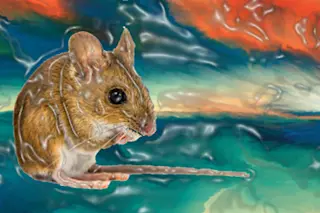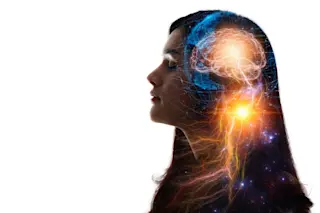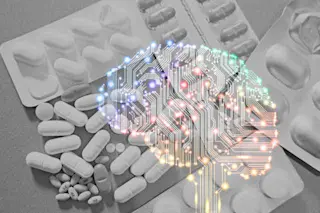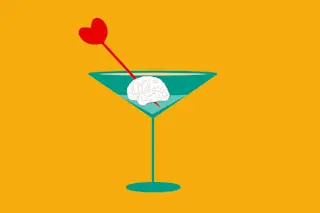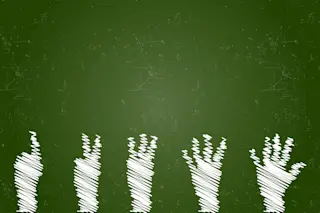(Credit: Rudmer/shutterstock and Zwerveragsandrew/shutterstock) Mental illness affects millions of Americans. Many people with bipolar disorder, depression, and schizophrenia suffer hallucinations, the perception of something that is not present. From phantom smells to hearing voices and seeing things that are not there, hallucinations can take many forms and stem from many causes. It's not just mental illness, either. Strokes, migraines and inner ear diseases can also lead to hallucinations. And obviously, psychedelic drugs do as well. Yet surprisingly little is known about what’s happening in the brain during hallucinations. Now, in experiments on mice, researchers have discovered that hallucinations reduce activity in the brain's vision center. The finding suggests hallucinations happen when the brain overcompensates for a lack of information coming from the outside world. “Understanding what's happening in the world is a balance of taking in information and your interpretation of that information," Cristopher Niell, a neuroscientist at the University ...
What Causes Hallucinations? The Brain May Be OverInterpreting a Lack of Info
Mental illness affects millions, revealing how hallucinations may stem from the brain compensating for lost visual information.
More on Discover
Stay Curious
SubscribeTo The Magazine
Save up to 40% off the cover price when you subscribe to Discover magazine.
Subscribe

